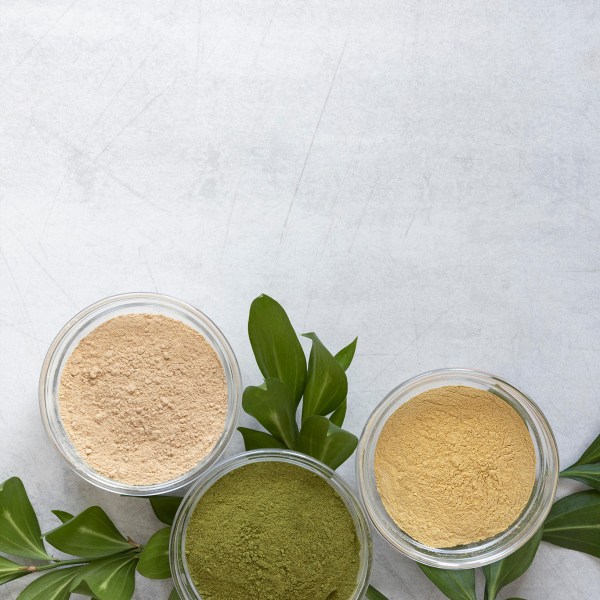Oils / Fats
Oils and Fats
Vegetable oils and fats are fundamental elements in the culinary arts. From enhancing the flavor of your favorite dishes to providing essential nutrients and being used in skincare, these versatile substances play a crucial role in our daily lives.
Vegetable Oils and Fats
Vegetable oils and fats are derived from plants. They are extracted from seeds, nuts, fruits, and other plant parts. These oils and fats are used in cooking, baking, and food processing, as well as in non-food applications such as cosmetics and pharmaceuticals.
Types of Vegetable Oils and Fats
Coconut Oil
Derived from the flesh of coconuts, coconut oil contains medium-chain triglycerides (MCTs) and is popular for its versatility in cooking and skincare.
Grapeseed Oil
Grapeseed oil is a versatile and nutrient-rich oil extracted from grape seeds, often a byproduct of winemaking. Known for its light texture and high smoke point, it is ideal for cooking, sautéing, and baking. Rich in polyunsaturated fats and antioxidants, particularly vitamin E, grapeseed oil promotes heart health and has anti-inflammatory properties.
Pumpkin Seed Oil
Pumpkin seed oil is famous for its rich, nutty flavor and deep green color. It is packed with nutrients, including essential fatty acids, antioxidants, vitamins, and minerals, which benefit heart health and support a healthy immune system. Its high zinc and vitamin E content also contributes to skin health and may help reduce inflammation. In culinary applications, pumpkin seed oil is often used in salads, soups, and desserts, adding a distinctive flavor to dishes.
Flaxseed Oil
Flaxseed oil is derived from flax seeds and is renowned for its high omega-3 fatty acid content, particularly alpha-linolenic acid (ALA). It is valued for its beneficial effects on heart health, including reducing inflammation and improving cholesterol levels. Due to its versatile uses and health benefits, flaxseed oil is a valuable addition to any kitchen.
Hemp Seed Oil
Hemp seed oil, extracted from hemp seeds, is known for its balanced ratio of omega-3 and omega-6 fatty acids, making it an effective source of essential nutrients for heart and skin health. This vitamin and antioxidant-rich oil supports overall wellness and has anti-inflammatory properties. Its light, nutty flavor makes it a great addition to salads, smoothies, and other cold dishes, while its moisturizing properties make it a popular ingredient in skincare products, promoting hydration and skin health without clogging pores.
Walnut Oil
Walnut oil is highly regarded for its rich, pleasant flavor and nutritional benefits. Packed with omega-3 fatty acids, antioxidants, and vitamins, this oil supports heart health and has anti-inflammatory properties. Its high levels of polyunsaturated fats are particularly beneficial for brain health. In the culinary world, walnut oil is often used in salads, pasta dishes, and baked goods, adding a distinctive, robust flavor to foods.
Poppy Seed Oil
Poppy seed oil, extracted from poppy seeds, is valued for its light, nutty flavor and numerous health benefits. Rich in essential fatty acids, including linoleic acid, as well as vitamins E and K, this oil supports heart health and nourishes the skin. It is commonly used in salad dressings, marinades, and baking, adding a subtle flavor to dishes.
Almond Oil
Almond oil is a versatile oil known for its mild, nutty flavor and various health benefits. Rich in monounsaturated fats, vitamin E, and antioxidants, it supports heart health and helps improve the condition of skin and hair. Its emollient properties make it a popular choice in skincare and haircare products, as it deeply hydrates, reduces inflammation, and promotes soft, smooth skin.
Benefits of Vegetable Oils and Fats
Vitamin-Rich Oils
Vegetable oils and fats are essential dietary sources of fat that provide energy and aid in the absorption of fat-soluble vitamins (A, D, E, and K). They also contain essential fatty acids that the body cannot produce on its own.
Oils and Fats for Heart Health
Some vegetable oils are known for their heart-protective properties. They can help reduce bad cholesterol levels (LDL) and increase good cholesterol levels (HDL), thereby reducing the risk of heart disease.
Anti-Inflammatory Properties
Certain vegetable oils contain antioxidants and anti-inflammatory compounds. These properties can help reduce inflammation in the body, potentially lowering the risk of chronic diseases.
Skin and Hair
Vegetable oils such as coconut oil are often used in skincare and haircare products. They provide hydration, essential nutrients, and can help improve skin elasticity and hair strength.
Uses of Vegetable Oils and Fats
Cooking and Baking
Vegetable oils and fats are staples in the kitchen. They are used for frying, sautéing, and as salad dressings. Each oil has a different smoke point, making some better suited for high-heat cooking than others.
Food Processing
Many processed foods contain vegetable oils and fats. They are used to improve texture, flavor, and shelf life. Common examples include margarine, various snacks, and baked goods.
Industrial Uses
Vegetable oils are also used in the production of various industrial products, including soaps, detergents, lubricants, and biodiesel.
Skincare and Cosmetics
Oils such as coconut oil or almond oil are popular ingredients in skincare and cosmetic products. They hydrate, reduce inflammation, and provide essential nutrients to the skin and hair.
Choosing the Right Vegetable Oil
Cooking Needs
Consider the oil’s smoke point. Oils with high smoke points, like refined coconut oil, are suitable for high-heat cooking. Oils with lower smoke points, such as extra virgin olive oil, are better for dressings and low-heat uses.
Nutrient-Rich Oils
Select oils that offer health benefits, such as those rich in monounsaturated and polyunsaturated fats.
Purity and Processing
Whenever possible, choose cold-pressed, unrefined oils, as they retain more nutrients and beneficial compounds. Avoid oils with added chemicals or those that are highly processed.
Environmental Impact
Consider the environmental impact of your oil choices. For example, palm oil production has significant environmental consequences, including deforestation and habitat destruction. Look for products from sustainable sources.
Vegetable oils and fats are an integral part of our diet and daily life, offering numerous health benefits and practical uses. By understanding the different types of oils and their properties, you can make informed decisions that enhance your health and well-being.

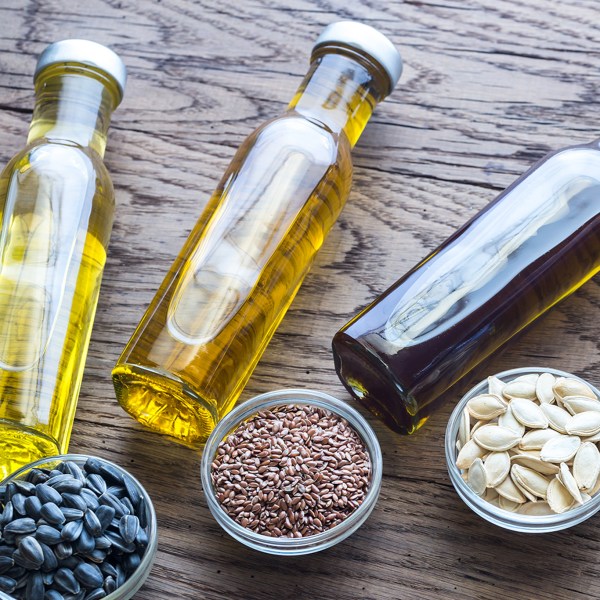







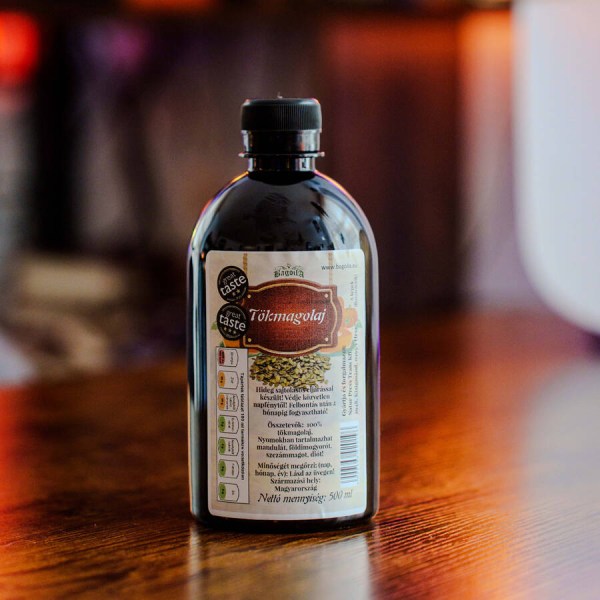
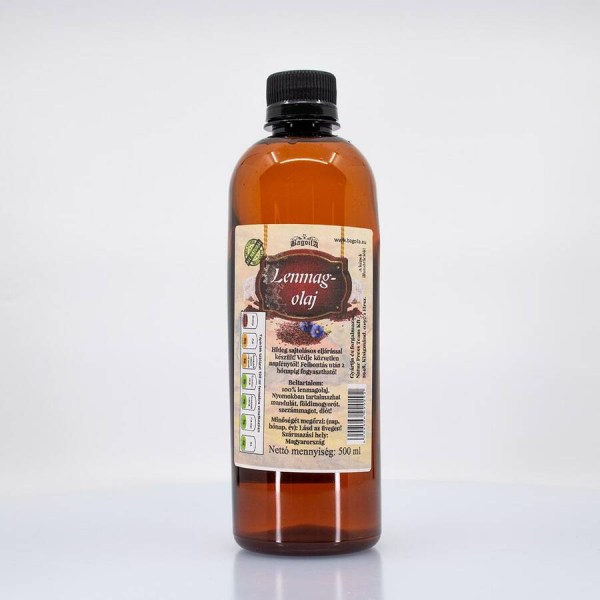
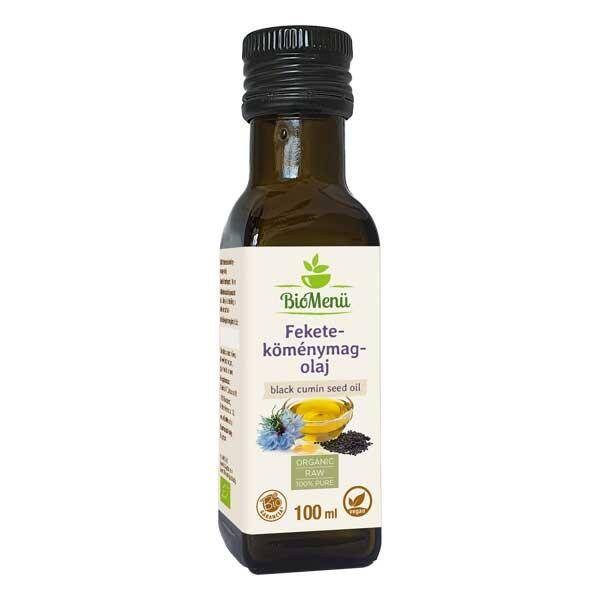
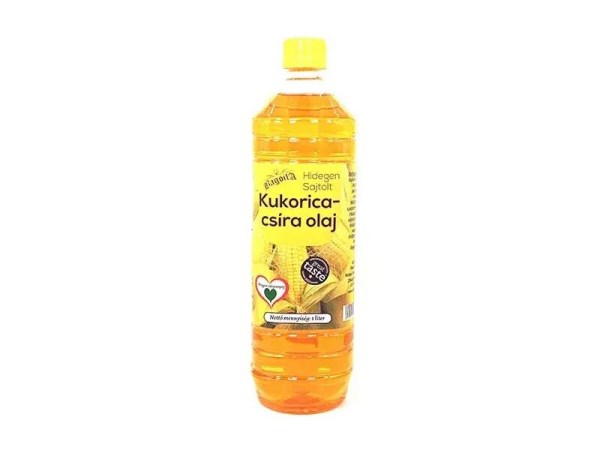






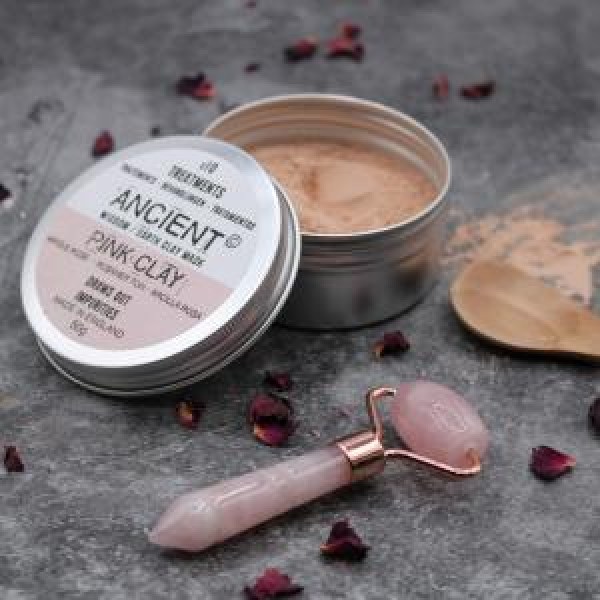
_600x600.jpg)















